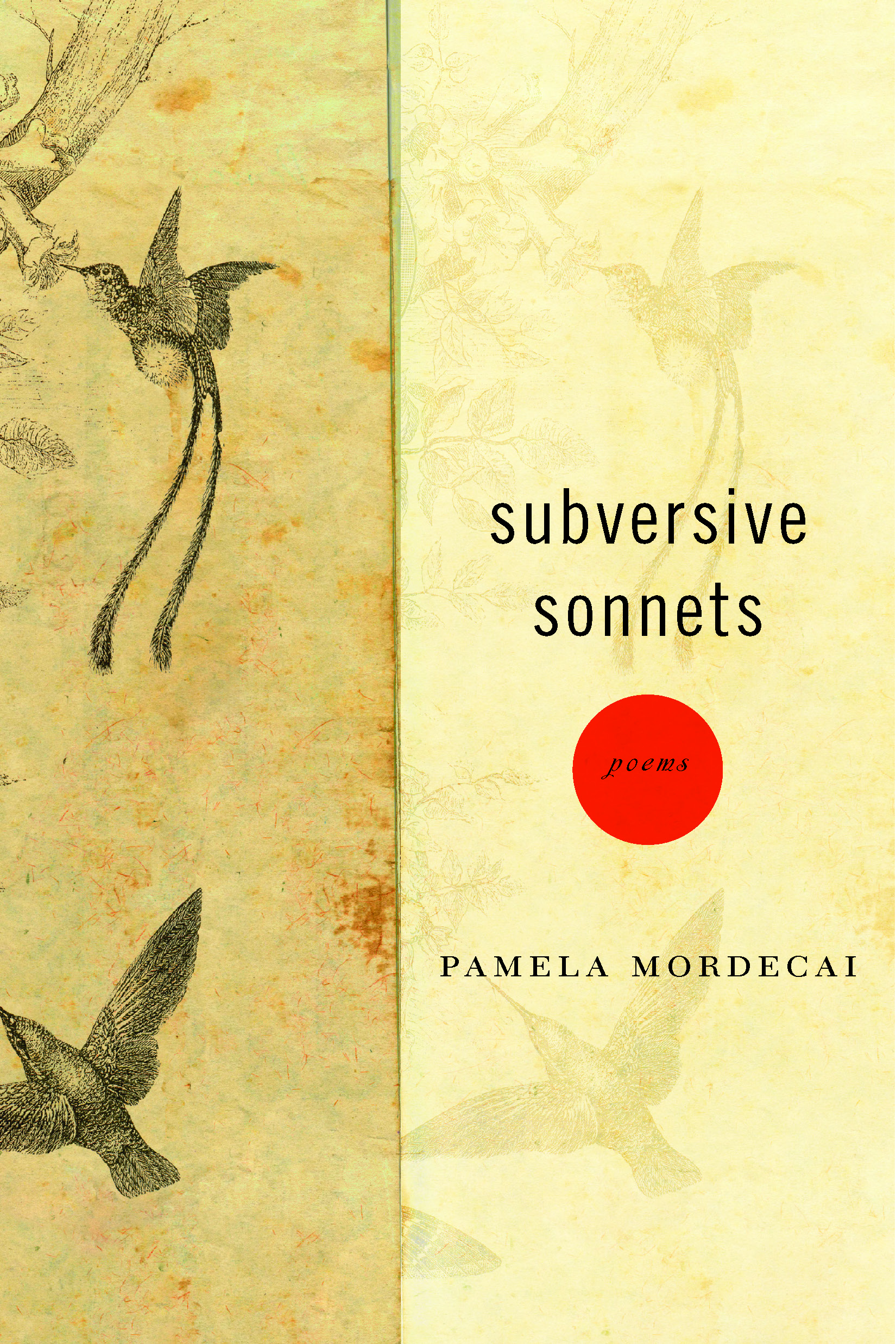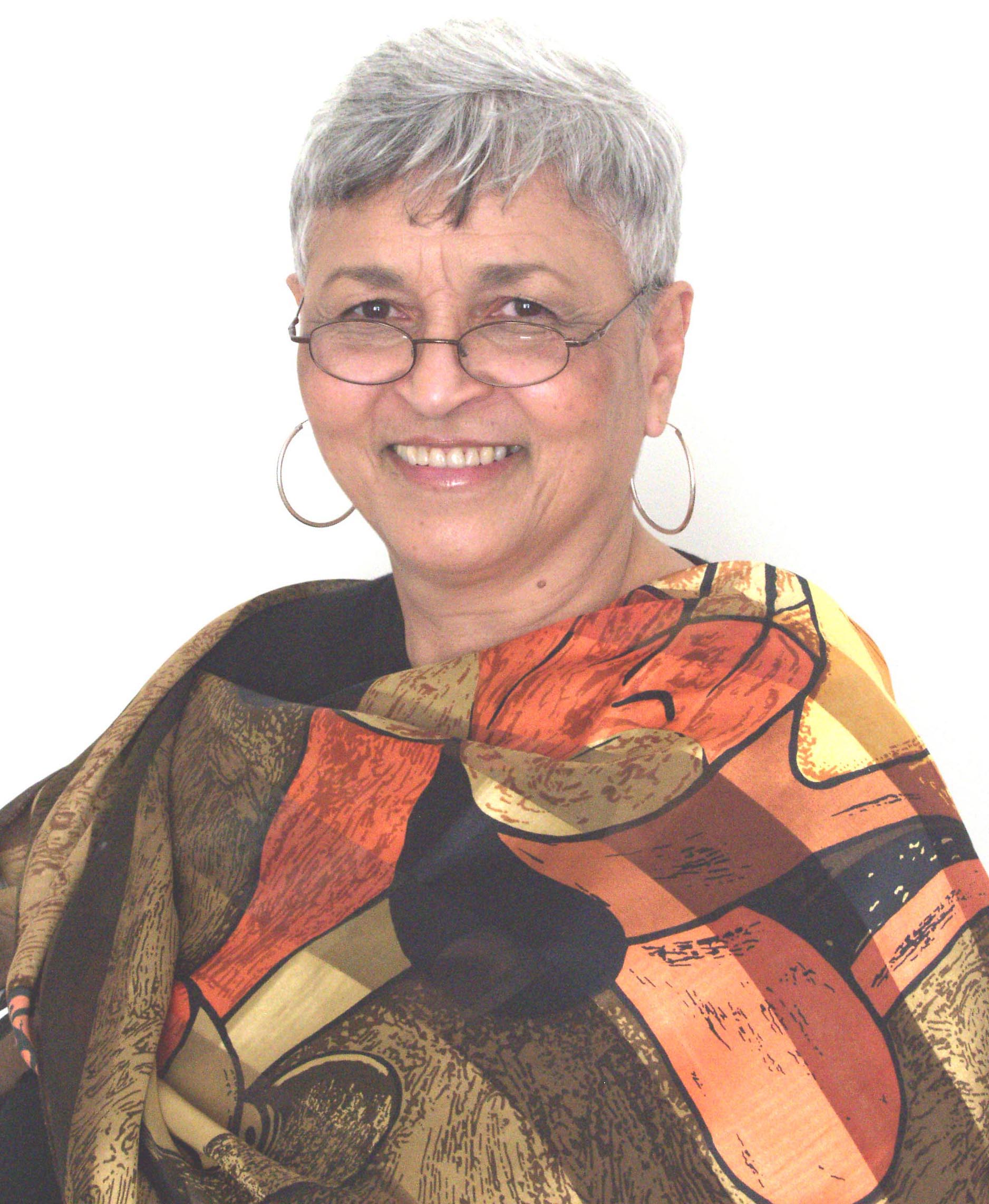YardEdge Talks to Pamela Mordecai About Her Latest Collection of Poems, Subversive Sonnets
YardEdge talks to Pamela Mordecai about her latest collection of poems, Subversive Sonnets.
YE: Tell us about your new book, Subversive Sonnets.
PCM: It’s a collection of poetry, my fifth and the most challenging to write. It’s been long in the making. My books are usually about five years apart, but this time it’s taken me six, if you count back to Pink Icing, the collection of short stories that came out from Insomniac Press in 2006, as the previous book. If I count back to the last book of poetry, The True Blue of Islands, which came out in 2005, it has been seven years.
YE: What made it so challenging?
PCM: As the title says, the poems are all sonnets – not just sonnets, sonnet sequences. Sonnet sequences are not in themselves new or subversive. There are 33 sequences in Subversive Sonnets, and a total of just over a hundred sonnets.
YE: Aren’t sonnets difficult to write? Don’t they have special kinds of sonnets with rules about metre and patterns of rhyme and verse structures, and so on?
PCM: These are subversive sonnets, so they do what they like with the rules! Actually, over time, between when the sonnet was invented (probably some time in the 13th century, believe it or not), and today, there have been more than one kind of ‘special’ sonnet (e.g., the Shakesperean, the Petrarchan, the Spenserian) and the form has been adapted over time. For instance, poets were writing unrhymed sonnets from as long ago as the seventeenth century.
YE: If all that change and revision has already taken place, what’s left to subvert?
PCM: I see the subversion as having to do with how I play with some of the formal elements. The metre is still largely iambic but most often the noise driving the iambics is local, the sound is the sound of Jamaican speech. Sometimes patwa cuts in as its plain, undisguised self, with the poem making deliberate use of that switch. I like to do that. There’s ‘mashing up’ going on in a limited way with bits of other languages too: French, Shona, Cree, Latin, Haitian kwéyol, Spanish. And there’s a vulgarity, in the best sense, a conversational ordinariness, which I think of as subversive as well.
YE: Ah, so the subversion is to do with the shaping of the sonnets in these new ways, then?
PCM: Well I hope the content is subversive as well.
YE: What’s subversive about the content?
PCM: Sonnets were, to start with, about love themes, most often unhappy. Then the subject matter expanded to include religious, philosophical, contemplative themes. Sonnets fell out of fashion for a while, but when they reappeared at about the time of the French Revolution, it was to deal with social and economic issues, as in Wordsworth’s famous sonnet, “The World is Too Much With Us” that begins:
The world is too much with us; late and soon,
Getting and spending, we lay waste our powers;
In the last two centuries, poets like Elizabeth Barrett Browning, Gerald Manley Hopkins, Edna St Vincent Millay, Robert Frost, e.e. cummings and Claude McKay used the sonnet to talk about all kinds of things: urban and rural life, war, slavery, death – as well as love.
YE: Sounds like the content has become pretty much a free-for-all as well, so, again, what’s subversive about your subject matter?
PCM: Well, let’s say I’ve tried to construct our own Yardie sonnet free-for-all! Our history, oral and written, our ordinary lives, our violence, our workweek, our weather, in our language or languages…
YE: What inspired this particular collection?
PCM: I was looking through the books I scribble in, and it seems I’d been thinking about these poems and actually doing some writing, as long ago as 1984. I’d had a revelation in the mid-seventies, and become convinced that the world would unravel at just about this time – which of course, it is doing. When I started to think in a focused way about this book, it was to be one that contained poems about endings of various kinds. I had hoped to publish it in time to celebrate an important ending, the abolition of the slave trade in 1807. But as often happens, it changed as I was writing it, and of course it’s only made it into the world now, five years after 2007!
YE: How did it change?
PCM: Some of the poems are still about endings – friends, family, ancestors who have died or been killed or killed themselves, towns razed in war or destroyed by natural disaster. The first sonnet in the book is called “Stone Soup” and it tells a story about a woman trapped in the collapse of the J and B Machado Tobacco Factory in the 1907 earthquake. But they cover all kinds of other topics. Some are anecdotes about childhood, relatives, school, everyday events. Some are about historical events – the vicious punishment, Derby’s Dose, that Thomas Thistlewood used on his slaves, the escape of a Nova Scotian slave named Bill Belfast. Some are laments. Some are about deeply disturbing events. Some are funny. There are even a couple L-poems.
YE: L-poems?
PCM: L-poems are love poems – very difficult to write.
YE: What else have you written?
PCM: Four other books of poetry, Journey Poem (1989), de Man: a performance poem (1995), Certifiable (2001), and The True Blue of Islands (2005), a collection of short fiction, Pink Icing (2006), a reference work, Culture and Customs of Jamaica (2001), co-authored with my husband, Martin, and numerous textbooks, many that I wrote with a great friend and writing partner, Grace Walker Gordon, now deceased. I’ve also written five books for children and edited/co-edited anthologies of prose and poetry, including (with Mervyn Morris) Jamaica Woman (1980, 1985), (with Betty Wilson) Her True-True Name (1989), From Our Yard: Jamaican Poetry since Independence (1987) and most recently, Calling Cards: new poetry from Caribbean-Canadian women (2005).
YE: The last time we spoke to you, in January 2010, it was about your play, El Numero Uno which was having its world premiere in Toronto. Have you given up on writing plays?
PCM: I have started writing another play, but I work slowly, and right now I’m working on two books of fiction as well as trying to collect my writing for children, of which there is a fair amount, so it will probably be a while before I’m done with that and can resume writing the play.
YE: Where can we get Subversive Sonnets to buy?
PCM: From the publisher, TSAR books, on all the amazon sites, and if you ask for it in local bookstores, I daresay they would order it.
For more on Dr. Pamela Mordecai: pamelamordecai




2 Comments
Thx. Stephanie, couldn’t agree more with both points!
How absolutely relevant is “The world is too much with us; late and soon, Getting and spending, we lay waste our powers;…”
Lovely to see this interview. Pam Mordecai is a Caribbean treasure and an extraordinarily fine writer.